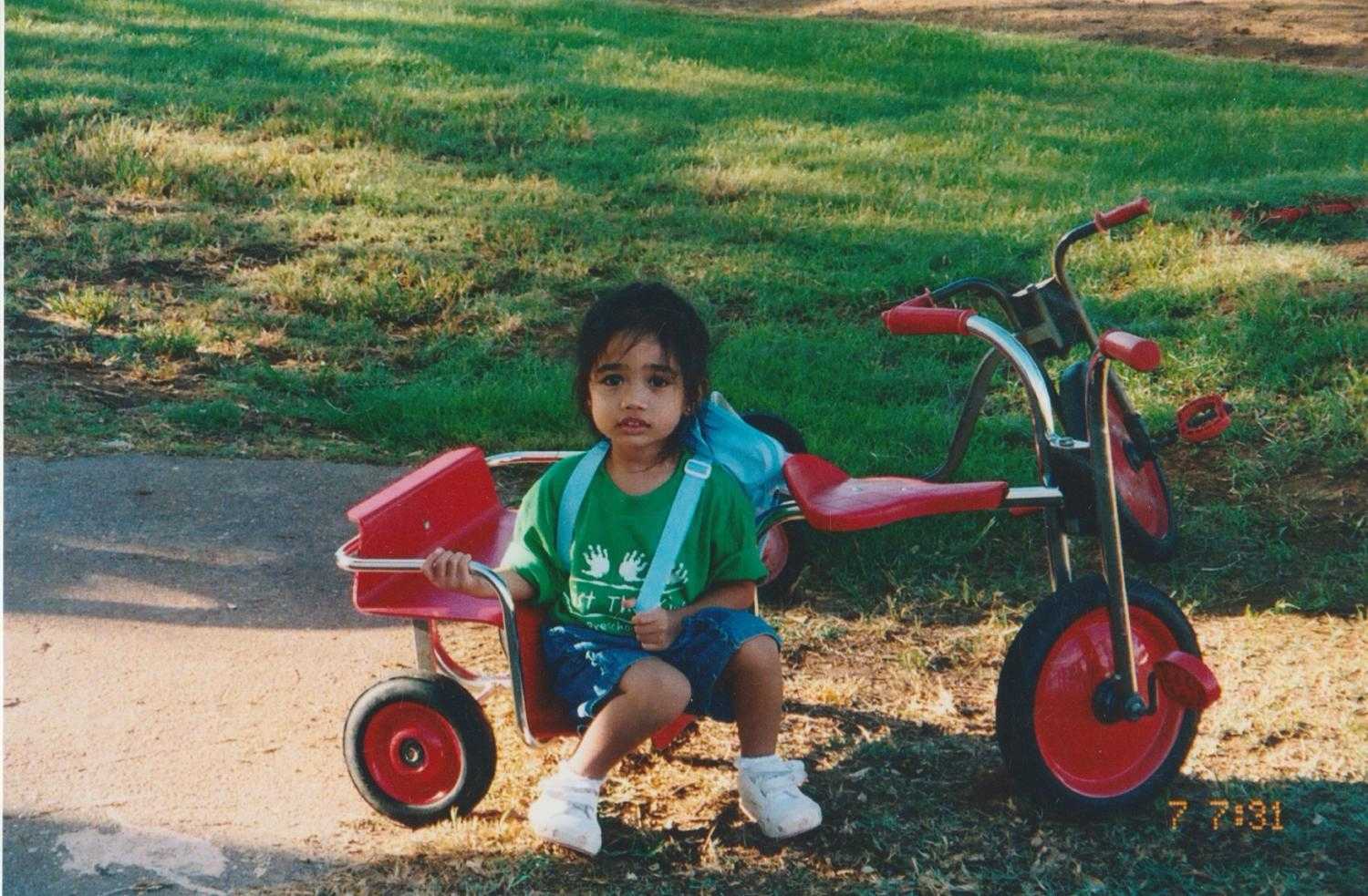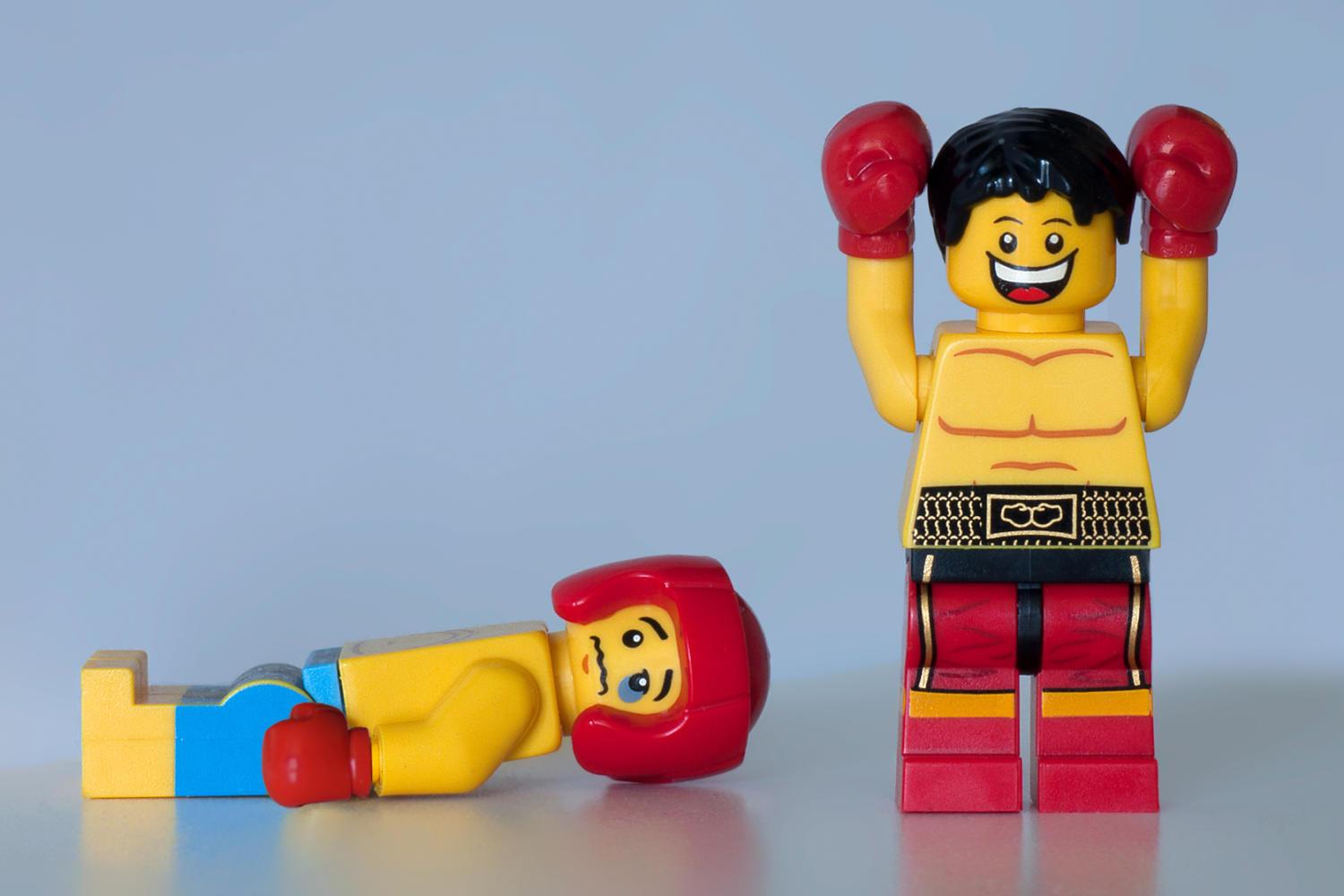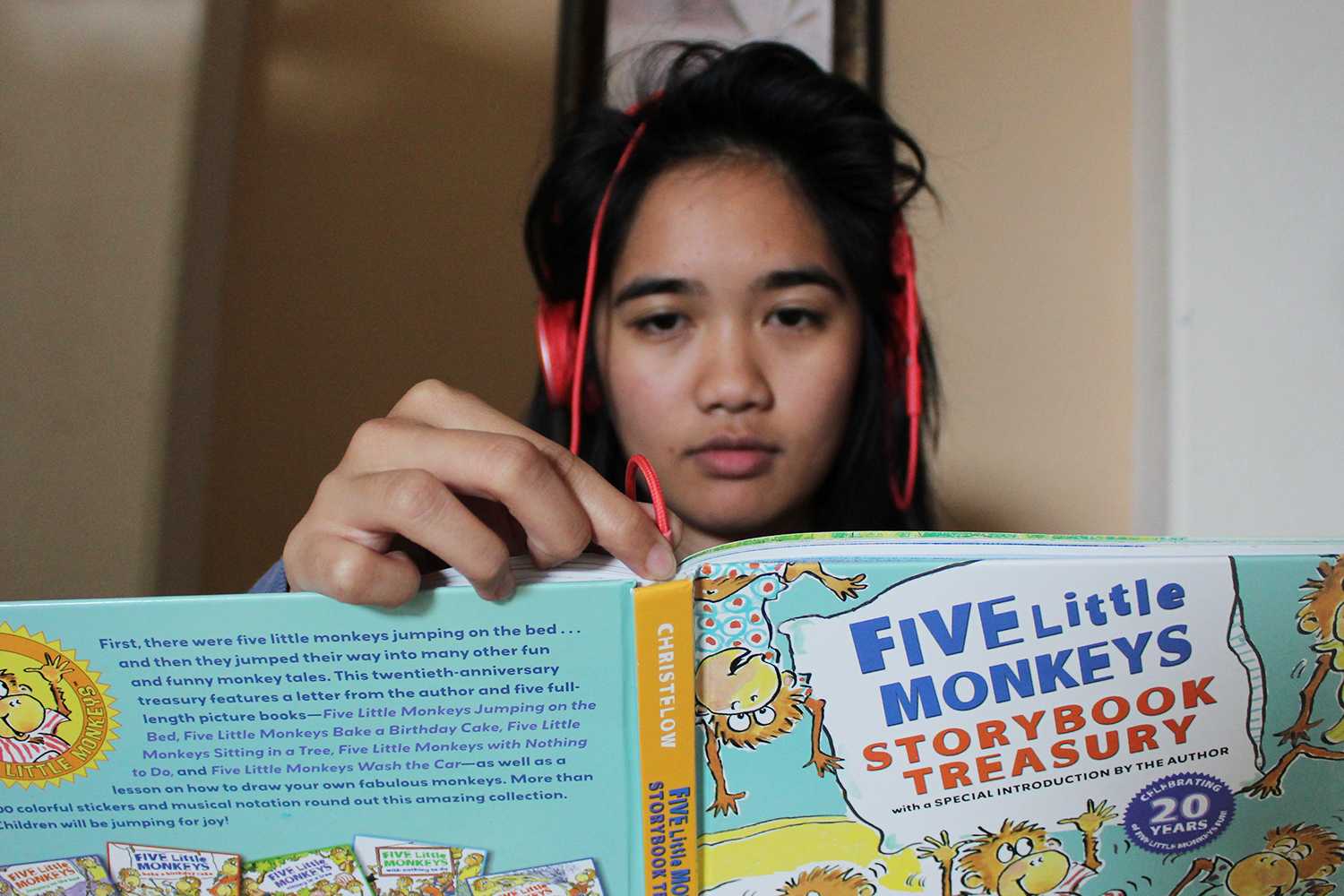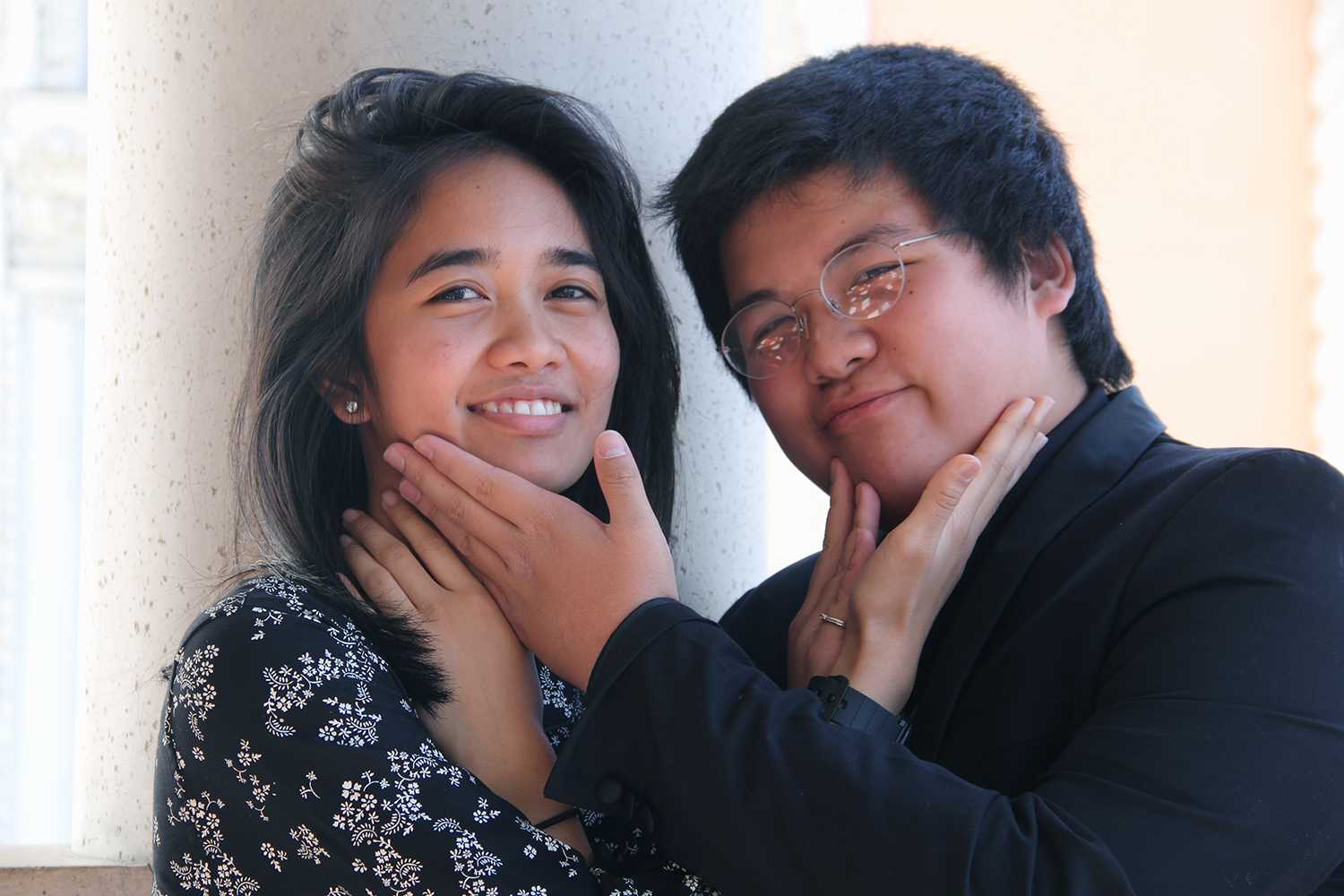I can’t recall the last smart decision I’ve made, and I don’t know if that’s good or bad. My mind is an unorganized mess, but I refuse to knock common sense into myself.
Whether I spend my money irresponsibly or eat something I know I’m not supposed to, trying to think through my actions hardly seems to work out. I set goals that I struggle to achieve because I let distractions get the best of me.
A majority of my greatest weaknesses like procrastination or unhealthy choices are caused because I impulsively base my actions off personal preference as opposed to responsibility. Without question, I rule out rational thoughts to compensate for my desires. In my head, putting important things on the line such as my health is worth it. Going with the natural flow of my feelings, I lead myself down a path of consequences and little reward.
For many, there are times when emotion overpowers common sense and certain factors become more influential than logic. For example, when teenagers are faced with the option to use illegal drugs, they are aware of the consequences that come with substance abuse, yet sometimes peer pressure convinces them to go through with it. Around 60% of adolescents in the U.S. have had a minimum of one alcoholic drink by the age of 18.
Repeatedly, teens risk getting in trouble to gain approval from their peers or to oblige their curiosity. While one may not be able to control the impulsiveness of desire, it is ultimately what one decides to do with it and the route taken henceforth.
When impulsiveness becomes compulsive, the youth are more vulnerable to poor choices and unwanted outcomes. With 18% of adolescents regularly binge drinking, they carelessly kill brain cells, inhibiting the growth of critical regions of the brain. Not only is judgement impaired, but damaged learning and memory start to affect other factors in one’s life, as well, like academic performance. Faced with a lack of self-control, teens purposely ignore dangerous health risks for a rush.
Decisions don’t have to be illegal or life-threatening in order to be significant. Everyday choices can take a toll on the path we lead in life. Don’t get me wrong; recklessness is invigorating. Living in the moment provides a sense of freedom that can be addicting. Any chance to break away from the consistency of life is appealing.
But excitement comes in more forms than one; thrill doesn’t equate to risky behavior. How about ride a rollercoaster, take a spontaneous trip to the park, or treat yourself to something you love doing without endangering anything?
There’s a line to be drawn when the effects of impulsive behavior end in nothing but harm. When choices take a turn for the worse, people are often left in a pit of regret, knowing life doesn’t have a rewind button. It is okay to freely act upon urges that appeal to you, but understand what such actions may amount to.
[poller_master poll_id=”66″ extra_class=””]














![Working in the Student Success Office, Attendance Secretary Lordis Depiazza inputs a student’s absence excuse note. Students are required to bring an excuse note to the attendance office within three days of any absence. “Reminding students that being in school is important because it reflects towards your grades and being able to do any activities with the school,” Depiazza said. “[It] seems to get the students' attention about wanting to be in school.”](https://southwestshadow.com/wp-content/uploads/2025/10/IMG_8313-1200x800.jpg)

![Squaring up to a practice dummy, sophomore Cypher Andres prepares to throw a punch. Dummies are regularly used to help him prepare certain hits to take his opponents down. “[Boxing dummies help me practice] because it’s basically a model of the body,” Andres said. “It helps with accuracy, such as pressure points behind the ear, and a clean liver shot can end the fight.”](https://southwestshadow.com/wp-content/uploads/2025/10/IMG_5728-e1759850486200-1200x864.jpg)

![Arranging the fabric on the floor for a new project, senior Sapphyre-Ann Leung plans out her attire for the next deadline. With the recent closures, students now had limited resources and less margin for error with the fabric and materials they had in stock while trying to reach strict deadlines. “Joann’s had a lot of high-end fabric for our fashion competitions,” Leung said. “We couldn’t just buy ten yards of fabric from Hobby Lobby or Walmart. Since [Joann Fabrics] is no longer open, we have to buy items online, which is way more expensive.”](https://southwestshadow.com/wp-content/uploads/2025/10/IMG_0038-1200x800.jpg)
Summer Thomad • Nov 6, 2016 at
Hi Cassie, great job with this column and all of the columns you’ve written thus far. I’ve been enjoying all of them, and I’m excited to see how your column continues to develop. 🙂